Brussels is deeply upset with Hungary over the Voks 2025 results, Mandiner writes. On Thursday, during the first day of the European Union summit of heads of state and government, Prime Minister Viktor Orban announced the outcome of the consultative vote Voks 2025: the 'no' side won by a margin of 95 to 5, with 2,168,431 Hungarians voting against Ukraine's EU membership. The portal recalled that the vote was prompted by a March statement from European Commission President Ursula von der Leyen, who said Ukraine could join the EU before 2030.
Brussels Worries
This statement caused concern within the Hungarian government, which had previously supported Ukraine's accession, because entry before 2030 would mean that Ukraine could become a full member of the EU within eight years of obtaining candidate status. Among the former Eastern bloc countries, only the two wealthiest and most developed countries, Slovenia and the Czech Republic, have been able to achieve this so far.
If Ukraine, a country at war and considered Europe's poorhouse even before the war, can go through the accession process in eight years, it raises the the well-founded suspicion that our eastern neighbor could become a member of the European Union in a politically forced manner, disregarding the proper accession process, which would be detrimental to the EU as a whole.
Mandiner spent the days of the Brussels summit attending off-the-record background briefings. These revealed widespread anger toward Hungary over Voks 2025. Sources confirmed that Commission President von der Leyen, as stated back in March, is pushing to fast-track Ukraine’s membership, preferably before 2030, for geostrategic reasons. However, the EU insists this will not mean abandoning merit-based criteria, saying Ukraine will not receive a "geopolitical discount."
Brussels Dispels Arguments, Ukraine Reframes
The response to Hungary's concerns regarding Ukrainian agriculture, minority rights, and other issues is that the accession negotiations offer the best forum to resolve these issues, since the EU sets the rules for agriculture for all member states, and Hungary, for which Ukraine is one of the largest export markets outside the EU, would be a clear beneficiary of the accession.
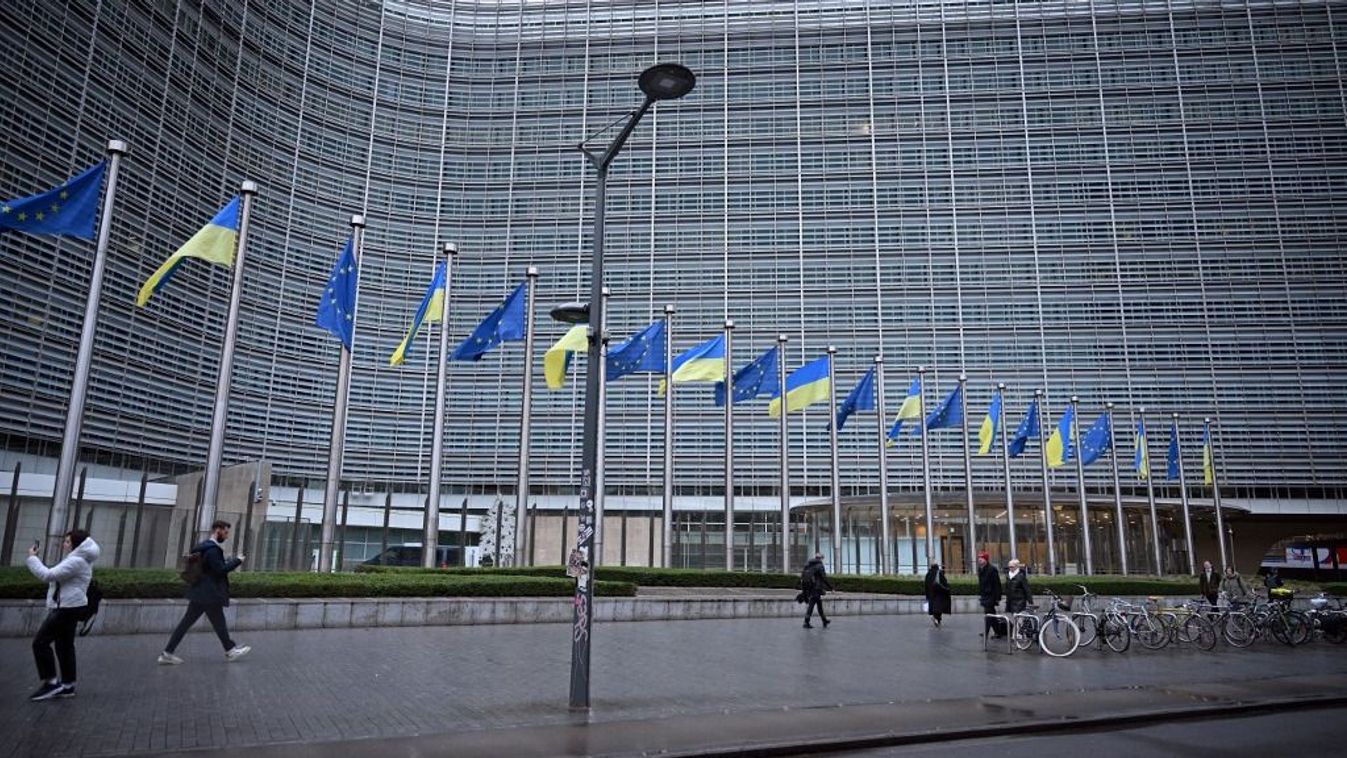
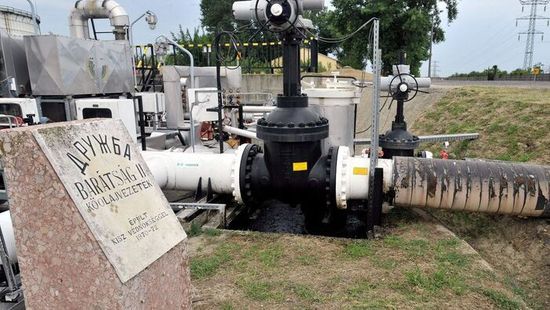
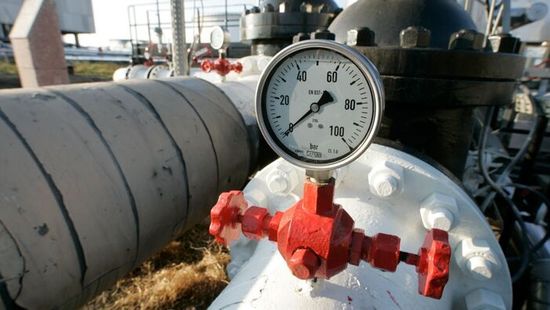
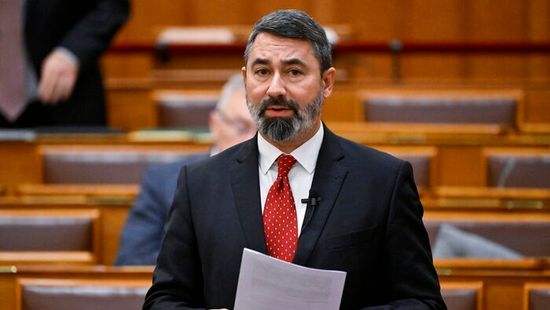
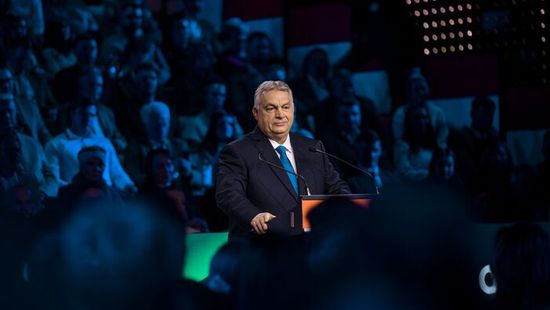












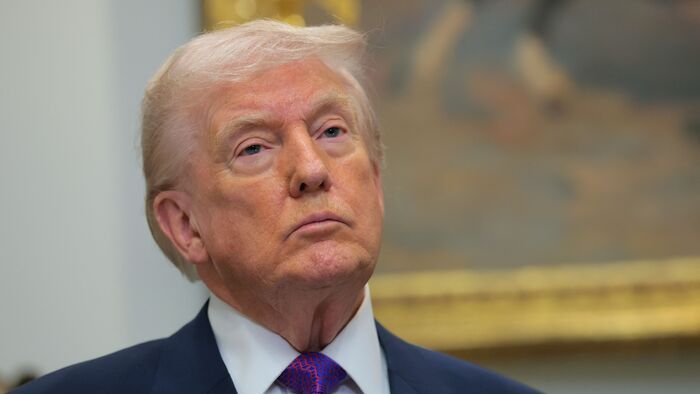





Szóljon hozzá!
Jelenleg csak a hozzászólások egy kis részét látja. Hozzászóláshoz és a további kommentek megtekintéséhez lépjen be, vagy regisztráljon!